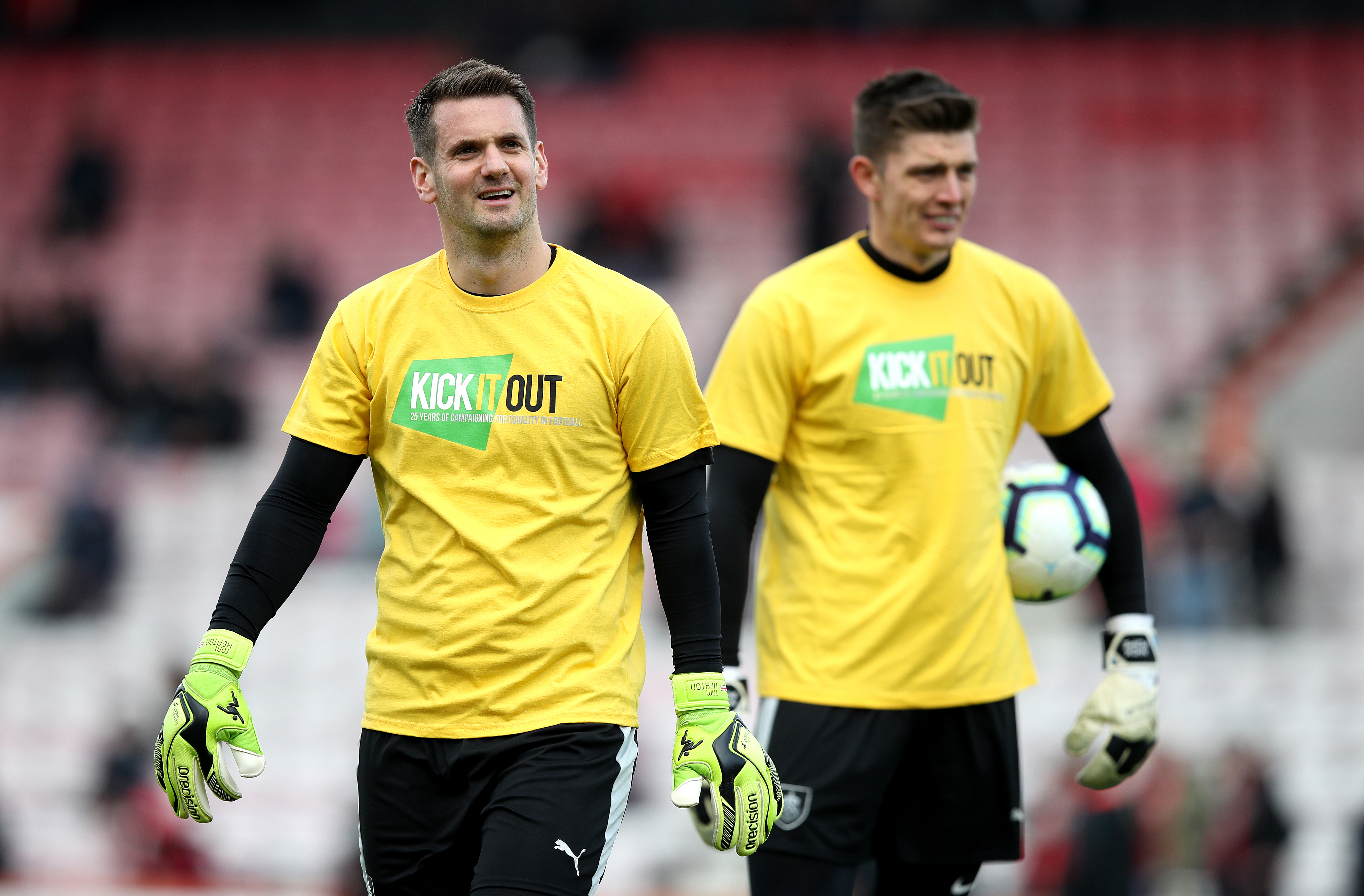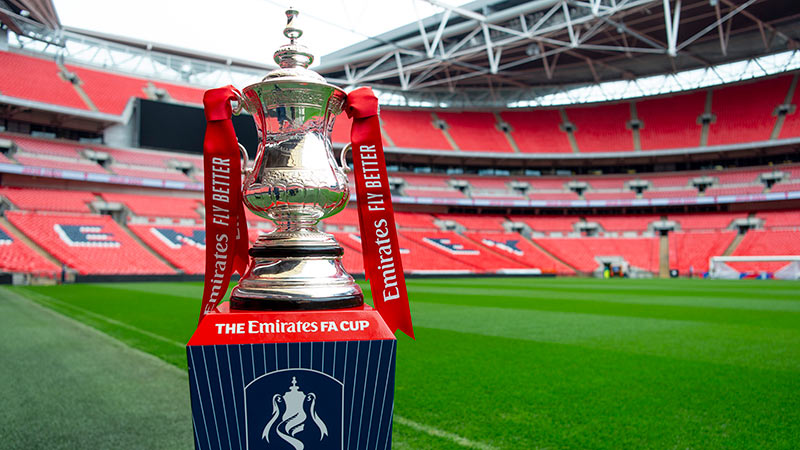Kick It Out to venture into more sports after announcing ECB partnership

Kick It Out’s new partnership with the England and Wales Cricket Board is set to be the first of more ventures by the organisation into different sports.
The anti-discrimination group have spent the best part of 30 years trying to address issues of equality, diversity and inclusion in football but on Tuesday confirmed its first dealings outside of the sport when it offered to help the ECB with its racism crisis.
Racism allegations by former Yorkshire player Azeem Rafiq and others have hit cricket hard during the last year and led to a game-wide 12-point plan being released in November to tackle discrimination following criticism of the sport’s governing body.
Today we are announcing a partnership with the ECB, to identify issues of equality, diversity & inclusion within cricket.— Kick It Out (@kickitout) January 25, 2022
Kick It Out is ready to support cricket in addition to others in a change of strategy by the organisation.
“I think a lot of sports are trying to achieve the same thing which is creating a game, whatever sport that is, where everyone belongs,” Kick It Out chief executive Tony Burnett told the PA news agency.
“There is a business case for this where absolutely morally it is the right thing to do but we are a relatively small country so if we want to be competitive in sports, we have to make sure we are finding talent and allowing talent to progress and succeed from all backgrounds.
“It is really clear in a number of sports currently that is not the case for all kinds of reasons, so do I think Kick It Out and what we’re trying to do has relevance to lots of other sports? Absolutely.
Get FourFourTwo Newsletter
The best features, fun and footballing quizzes, straight to your inbox every week.
“I think the learning we have got from 28 years of working in football will help us to build solutions for other sports but also we know some of the pitfalls to avoid.
“We can maybe save some other sports time from doing the wrong things, so watch this space because cricket is just the start of what we’re trying to do.
“We have a strategy that will take us into the broader world of sport. What we are trying to do is sport-wide, not just football.”
On the same day the ECB confirmed its partnership with Kick It Out, leading stakeholders in the game were facing MPs on the Digital, Culture, Media and Sport (DCMS) committee.
Middlesex chair Mike O’Farrell was among them and was forced to issue an apology over comments he made on Tuesday afternoon which appeared to offer generalisations about reasons why individuals from the Afro-Caribbean and South Asian communities drifted away from the sport.
Burnett was critical of O’Farrell’s comments and insisted part of Kick It Out’s initial research into this project will focus on speaking with those from the aforementioned communities.
He added: “It is about fact-based decision-making for me, so when someone comes out with a stereotype like we heard about people from certain backgrounds not participating, I say where are the facts to back it up?
“And there are never any facts to back up stereotypes and that is why we can usually discount them, so that is one aspect of it.
“One of the things we are going to be doing in cricket is looking at facts and if we want to understand why people from black and Asian communities are not participating or progressing in cricket, we’ll ask them.”
The ECB and Sky Sports have each put forward £100,000 to support Kick It Out’s project, with research already under way and set to be concluded by June before the campaigning charity offer their expertise to help develop and put relevant plans in place.
Burnett referenced the ongoing debate surrounding the high percentage of players in the England Test set-up who attended private schools compared to those who were educated at state schools as a particular focus area.
“Sometimes organisations have to hit rock bottom, particular in these areas, before they can bounce back,” Kick It Out’s chief executive said.
“Until you really see the extent of what is going on, it is quite easy to be in denial. I think what cricket has gone through is no different to a lot of other sports and organisations.
“They have hit rock bottom, they have realised they have a problem when it comes to inclusion and not just around race but there are some issues with social class and gender.
“We need to really work on what are the root causes, what are the things we need to tackle to change the culture within cricket and make cricket a game where people from different backgrounds feel a sense of belonging.”
